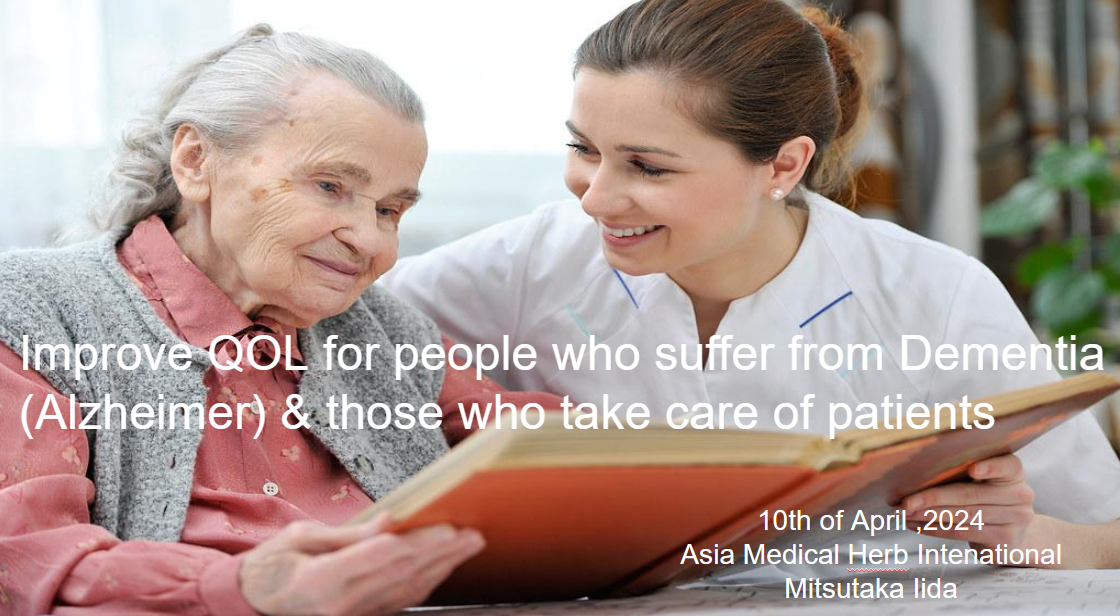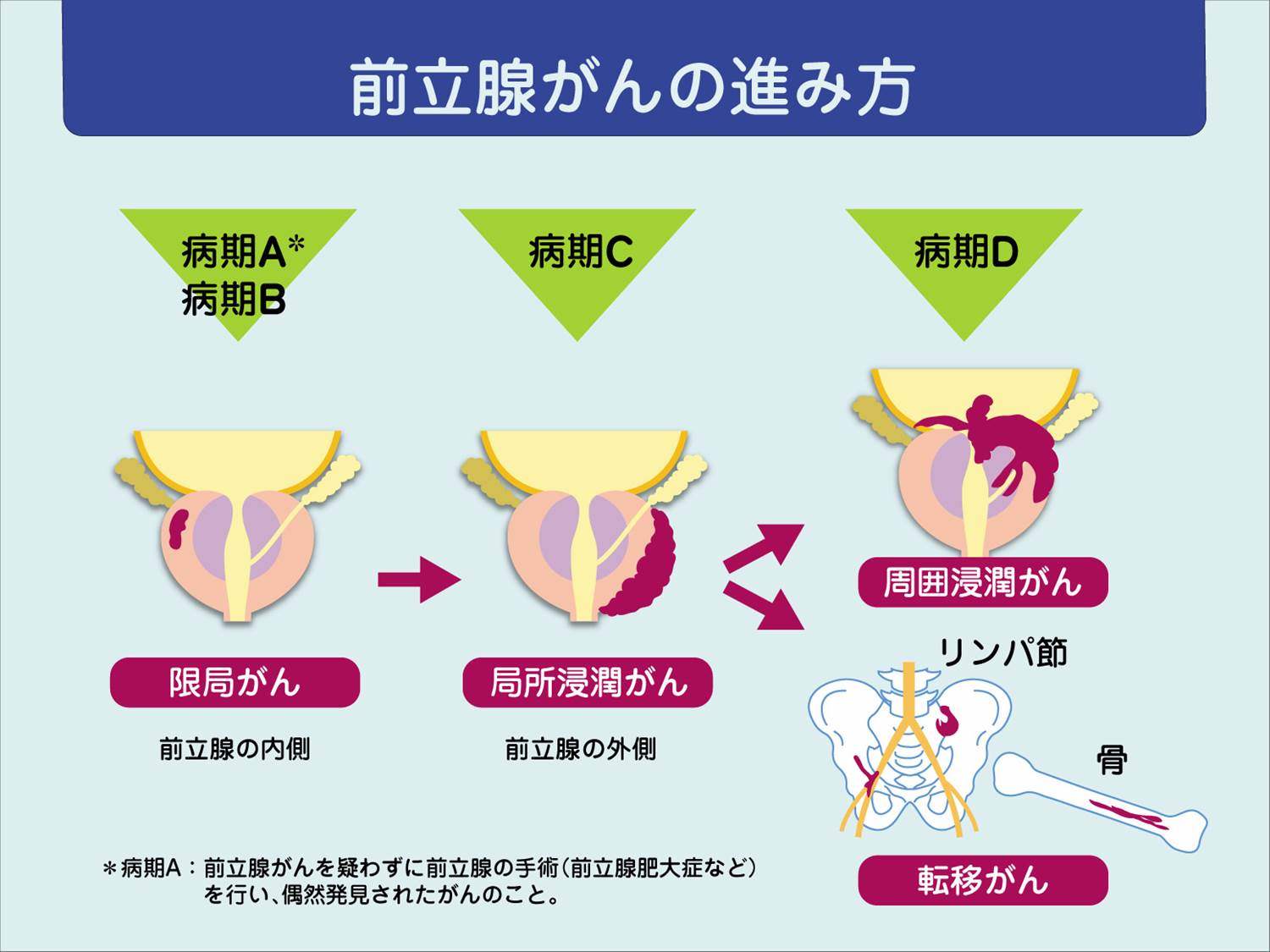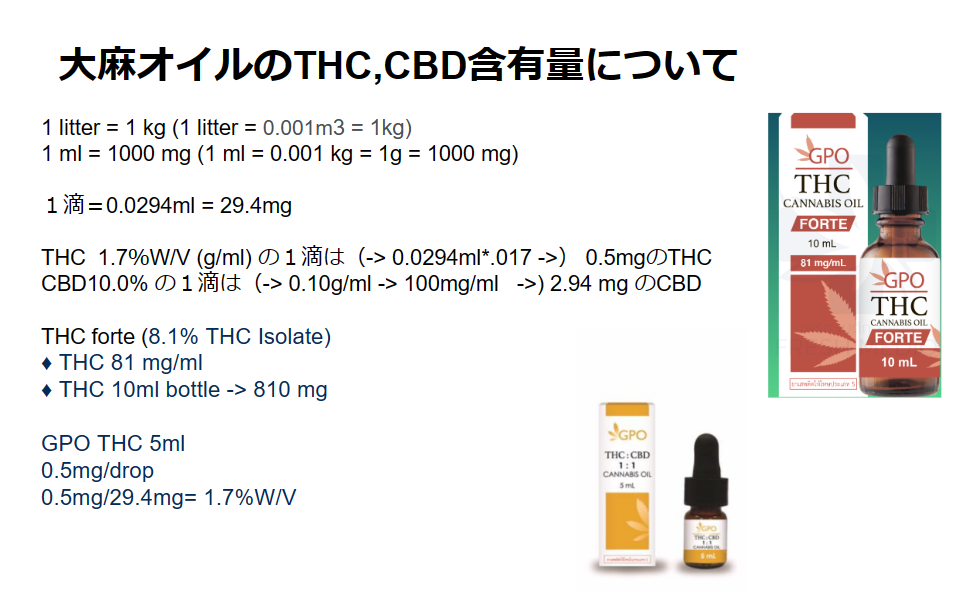てんかん発作は治るのか?
てんかんは神経疾患の中でも最も身近で頻度が高いと言われていますが、まだまだ認知度が低く、日常生活をする上で社会から理解を得られずに苦しんでいる方が沢山いらっしゃいます。
てんかんには様々な種類がありますが、子供から大人までその症状に悩まされる病気です。例えば学校に通っている子供達の場合は、理解してくれる大人が近くにいないと、てんかん発作がほとんど起きていなくても「気持ちが悪い」と苛められたり、「学校では手に負えない」と教員等から拒否されてしまったりすることもあります。学生生活が終わった後も就職はきちんとできるのか、仕事中発作が起きてしまったせいでクビにならないか等、不安がつきない方も多いかと思います。また、成人した後からてんかんが発症することもあり、
そういった方々も「もし今ここで発作が起きてしまったらどうしよう」など、発作がいつ起きるかわからないという不安にいつも苛まれています。
てんかんの治療に関しては、てんかん診療ガイドラインで示されるように、その治療法はしっかりと体系化していると言えます。しかしながら、発作の種類や年齢、脳波、頭部画像検査、運動機能、精神症状等によって治療法が少なからず異なってくることや、子供に至っては成長と共に発作の種類や脳波の所見等が変わってくることがてんかん治療を複雑化させています。また、「薬剤との相性」や「服用を忘れずに出来ていたか」等もてんかん発作の抑制に大きく関与しています。その為、発作の抑制には時間がかかることがあり、結果として治療を繰り返しても発作が収まらないこともありますが、辛抱強く治療を続ける必要があります。
海外ではてんかん治療に医療用大麻が使われている
世界でもてんかんは一般的な慢性障害となっていて、てんかんに苦しんでいる人の数は世界で6500万人に上ると言われています。そして、多くの方々は治療によって症状を抑えることが出来ていますが、3分の1の方々は現在最適と言われる治療を受けているにも関わらず発作が収まらないとされています。その為、世界では新たな治療薬の選択肢が望まれており、その中で医療用大麻が使用されるようになりました。
大麻という文字を見ると抵抗があるかもしれませんが、大麻という植物からは数多くの成分が抽出でき、その中のテトラヒドロカンナビノール(THC)やカンナビジオール(CBD)という成分を中心に医薬品として使用されています。特にカンナビジオール(CBD)は、大麻という言葉から連想されるような陶酔性や精神への副作用(いわゆるハイな気分になるような作用)は生じないとされ、近年新たなジャンルのてんかん治療薬として注目を集めています。実際に期待されている効果としては発作発現の減少であり、実際にカンナビジオール(CBD)はアメリカ、そしてヨーロッパでも難治性てんかん(ドラベ症候群、レンノックス・ガストー症候群)の治療薬として承認されています。詳しいカンナビジオールの作用機序は後述しますが、発作の一つの原因となる神経の働きを阻害するという研究もあり、今後様々なてんかんにも応用されていくかもしれません。
日本のてんかん治療における大麻成分の扱い
現在のところ、日本ではてんかん治療において大麻成分が使われることはありません。その理由として1948年に制定された大麻取締法による規制により、大麻原料(乾燥茎部や種子を除く)を含んだ医薬品を製造すること、さらには臨床試験等の研究も日本では禁止されている為です。これは向精神作用(ハイな気分になる作用)の有無とは関係なく規制されている為、日本てんかん協会により見直しが要望されています。また同協会によると、難治性てんかんを患っている患者団体を筆頭として、2019年9月5日に厚生労働大臣へカンナビジオールを用いた医薬品「エピディオレックス」の承認に関する要望書を提出しているようです。科学は日々進歩しているので早く見直しが行われることを願いますが、法律を変更する必要もある為、日本で大麻成分をてんかん治療薬として用いるようになるには時間がかかるかもしれません。
医療用大麻のてんかんに対する作用
薬物の身体への作用は様々で、ある反応を促進するように薬物が作用する場合にはアゴニスト、ある反応を抑制するように作用する場合にはアンタゴニストと呼ばれます。カンナビジオールの作用点はまだ分かっていない部分も多いのですが、カンナビノイド受容体ではなく脳のイオンチャネルやその他様々な神経の伝達に関わる受容体にアゴニストまたはアンタゴニストとして作用することで神経の興奮を抑え、効果を発揮することが分かっています。Mohammad-Reza Ghovanloo等(2018年)によると脳のナトリウムチャネルを阻害する作用があると報告されており、同じようにナトリウムチャネルの阻害作用が強い抗てんかん薬としてフェニトインやカルバマゼピン、ラモトリギン、ゾニサミド等がありますが、カンナビジオールはその作用だけでない事から、より複雑な作用を持つと考えられます。
カンナビジオールの効果を論文に基づいて調べてみると、Lattanzi, Simona等(2018年)のメタアナリシス(研究では最もエビデンスレベルの高いもの)では、カンナビジオールがプラセボ(疑似薬)と比べて難治性てんかんでの発作発現を優位に減少させたと報告しています。ここで心配になるのは副作用だと思いますが、副作用発現の割合はプラセボ群 と比べ ると、カンナビジオール投与群のほうが15%程 度の高くなっています。ただし、発現した副作用は眠気や食欲不振、下痢など既存の治療薬と比べてひどいわけではなさそうです。
タイで受けられるてんかん治療
ここまで医療用大麻は確かに効果があり、大麻という言葉から想像されるような向精神的な副作用(ハイな気分になる作用)もないことをお話ししました。また海外ではその効果はすでに注目され、実用化もされているのにも関わらず、日本では要望が高まりつつも使用は不可能となっている事実にも注目しました。
ここで私は、医療用大麻による治療が可能で、かつ医療ツーリズムに力を入れているタイに注目してみました。タイのバンコクには在留日本人が5万人も居るようですし、特にバンコク病院は年間2万7000人もの日本人患者を受け入れているようです。さらには、日本の医学部を卒業したタイ人医師が勤務しています。
いざ海外で治療することを考えると大きな不安となるのは、やはり「言語の壁」と「出費と医療の質の関係」だと思います。しかし、日本語で自分の悩みや症状をしっかりと説明できるだけでなく、日本で修行した医師の治療を受けることが出来るのであれば、この不安は解消されるのではないかと私は思います。
参照
Simona Lattanzi, Francesco Brigo, Eugen Trinka, Gaetano Zaccara, Claudia Cagnetti,
Cinzia Del Giovane et al. Efficacy and Safety of Cannabidiol in Epilepsy: A Systematic Review and Meta‑Analysis
Mohammad-Reza Ghovanloo, Noah Gregory Shuart, Janette Mezeyova, Richard A. Dean, Peter C. Ruben, and Samuel J. Goodchild. Inhibitory effects of cannabidiol on voltage-dependent sodium currents
日本てんかん協会「エピディオレックス® CBD :カンナビジオール医薬品 承認に関する 要望書」
日本貿易振興機構JETRO「専門性の高い国際病院が開設、メディカルツーリズムの増加に期待」



